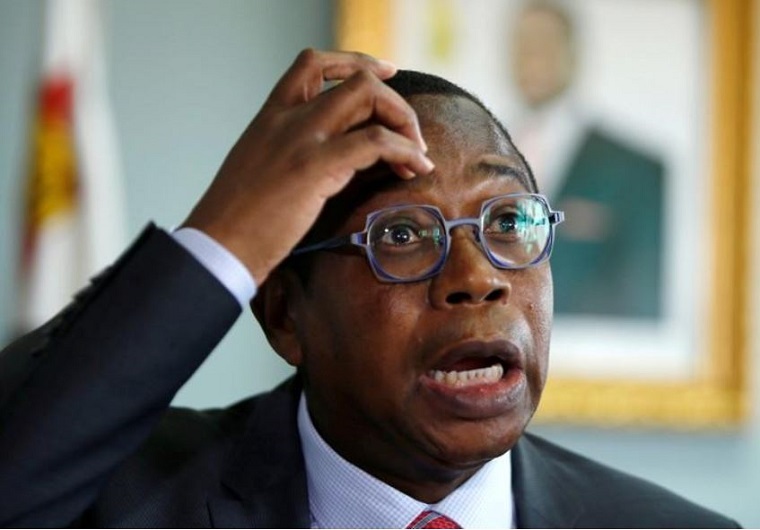 Zimbabwe now faces a second major descent into inflation and economic despair in the space of 12 years.
Zimbabwe now faces a second major descent into inflation and economic despair in the space of 12 years.
The first, in 2008, involved almost metaphysical rates of inflation – 231m% at one point that year according to some reports, with other estimates even higher.
The crisis resulted in hugely controversial elections, which the opposition surely won – but which saw Robert Mugabe re-installed as President in a power-sharing deal with the opposition.
To stabilise the economy, the worthless Zimbabwean dollar was jettisoned and people were given the option of using a basket of foreign currencies, the US dollar chief among them.
The problem was then how to source US dollars – and this was done largely by borrowing.
Fast forward to 2019, nearly two years after Mugabe was ousted and Emmerson Mnangagwa installed as President – Zimbabwe’s annual inflation is officially 176%, the highest in the world after Venezuela.
But this official figure is almost certainly false. My own calculations, based on prices I observed during the 2018 Zimbabwean elections and reports from Zimbabwean friends now, estimate inflation at about 600%.
And this is within what remains of the formal economy. Recourse to the black market to secure goods such as fuel and bread unavailable elsewhere means a parallel inflation rate that is higher – by my calculations, at about 800%.
And now the publication of inflation data has now been suspended for six months.
The government’s inability to pay for electricity imports has meant power outages of up to 18 hours each day. This is in part a result of poor rains and low water levels in Lake Kariba, the source of a huge percentage of the nation’s hydro-electricity – amid reports that it might be altogether decommissioned.
Even if this is not the case, the turbines at Kariba are far from being in good shape and, even in seasons of abundant rain, Zimbabwe had to depend on electricity supplies from South Africa and Mozambique. These countries now want to be paid.
Mnangagwa’s almost desperate slogan for Zimbabwe is that it is now “open for business”. But the elections of 2018 that were meant to legitimise his presidency were marred by violence and deaths and no election observer group validated the polls as fully free and fair. Under those conditions, initial promises of foreign investors faded away.
Dollars began to dry up, sourcing new dollars became impossible, and the new technocratic Minister of Finance, Mthuli Ncube, began desperate but hugely orthodox measures to instil some discipline in a runaway economy.
Those who were rich and powerful declined to make sacrifices of their own, while those who were poor simply got poorer.
Almost a year into the job, Ncube has reined in some of the profligacy in state spending and managed to bring in an increase in tax revenue. But his tax measures have been hugely unpopular, with poorer business people seeing them as disincentives to invest in future productivity.
One of his hugely unpopular early measures was to tax cell phone financial transactions. At a stroke, this jeopardised what was beginning to become a thriving cyber economy.
Continued next page
(278 VIEWS)


